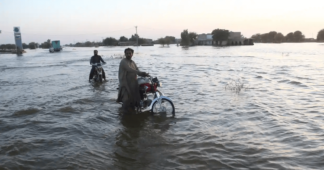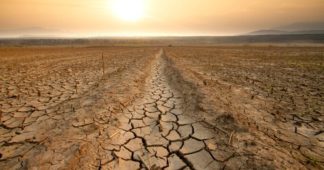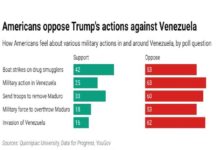World’s biggest economies pumping billions into fossil fuels in poor nations
G20 countries spent $142bn in three years to expand operations despite a G7 pledge to stop doing so, study finds
By Fiona Harvey
Tue 9 Apr 2024
The world’s biggest economies have continued to finance the expansion of fossil fuels in poor countries to the tune of billions of dollars, despite their commitments on the climate.
The G20 group of developed and developing economies, and the multilateral development banks they fund, put $142bn (£112bn) into fossil fuel developments overseas from 2020 to 2022, according to estimates compiled by the campaigning groups Oil Change International (OCI) and Friends of the Earth US.
Canada, Japan and South Korea were the biggest sources of such finance in the three years studied, and gas received more funding than either coal or oil.
The G7 group of biggest economies, to which Japan and Canada belong, pledged in 2022 to halt overseas funding of fossil fuels. But while funding for coal has rapidly diminished, finance for oil and gas projects has continued at a strong pace.
Some of the money is going to other developed economies, including Australia, but much of it is to the developing world. However, richer middle income countries still receive more finance than the poorest.
The most recent G7 pledge, in the study, is to phase out all overseas fossil fuel funding by the end of 2022. The OCI study concentrates on the period from the beginning of the fiscal year of 2020-21 for each country, to the end of the fiscal year of 2022-23.
However, the researchers also found that Japan had continued to make new fossil fuel investments overseas in the past few weeks, up to mid-March 2024, exploiting loopholes in its promise to end fossil fuel funding.
The World Bank provided about $1.2bn a year to fossil fuels over the three-year period, of which about two-thirds went to gas projects.
Continue reading at www.theguardian.com
We remind our readers that publication of articles on our site does not mean that we agree with what is written. Our policy is to publish anything which we consider of interest, so as to assist our readers in forming their opinions. Sometimes we even publish articles with which we totally disagree, since we believe it is important for our readers to be informed on as wide a spectrum of views as possible.











